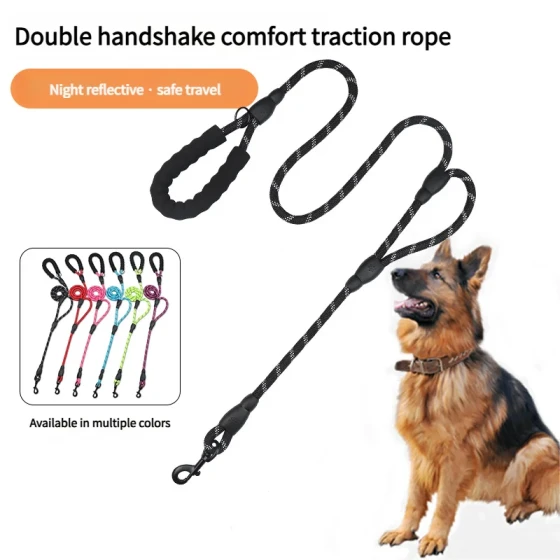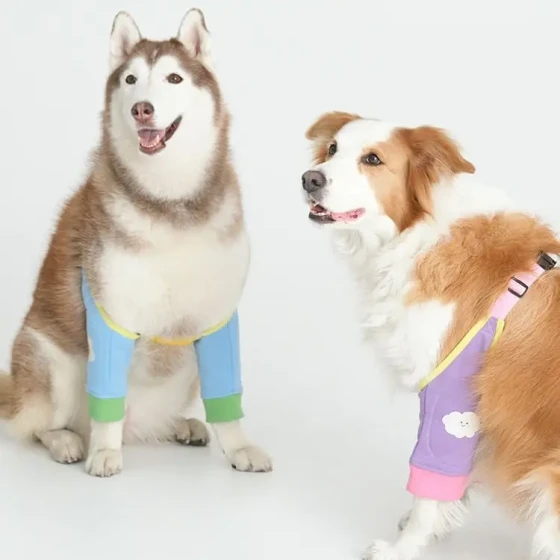Why Lost Dogs Cannot Find Their Way Home by Smelling the Scent

Italian Greyhound (detailed introduction)
We all know that dogs have an excellent sense of smell, able to distinguish many more scents than we can, and they can detect odors over much longer distances. Additionally, dogs usually mark their walking paths. So, despite all this, why can't lost dogs find their way home by following scents? Let's discuss this issue.
Dogs that can find their way home rely not only on scents but also on a mental map they construct in their minds. Dogs collect the owner's scent, other scents along the way, and various visual landmarks (of course, dogs determine for themselves which things serve as landmarks) to form a mental map. Once lost, if a dog can relocate itself through scents or landmarks on that mental map, it is quite likely to return home successfully. Naturally, this also requires the dog to have a concept of "home." Some dogs consider a certain "location" as their home, which explains why dogs tend to get lost easily when their owners move (they look for the original home); some dogs consider their "owner" as their home, which explains why many homeless people's dogs rarely get lost.
So it sounds like dogs rely not only on a keen nose but also on a clever brain, why then can't they always find their way home themselves?
First, scent is indeed one of the key factors guiding dogs home, but obviously, a scent doesn't stand still or stay forever in one place. Under ideal conditions (cool, humid, shaded by trees, and no wind), a scent can last up to 3 to 4 weeks; in typical American cities, scents last up to 3 days at most. In places crowded with cars and people domestically, the duration is even shorter.
Second, most dogs do not have the conditions to form a clear mental map. Urban terrain is complex, environments change very quickly; each time a dog goes out for a walk, the information it encounters is rarely the same as before. The route is not fixed, the people and other dogs encountered are different, and many places the dog cannot explore. This accumulation of complex factors makes it nearly impossible for a dog to remember the way home.
More importantly, when dogs get lost, it's not just the owners who are anxious. Dogs themselves realize the person they've been following is gone, and suddenly the familiar environment is missing. Panic and anxiety follow, and this sudden emotional turmoil does not cause them to stop and think about how to find their way home but instead leads to confused running. Once they run, it becomes even harder to find the way home.



